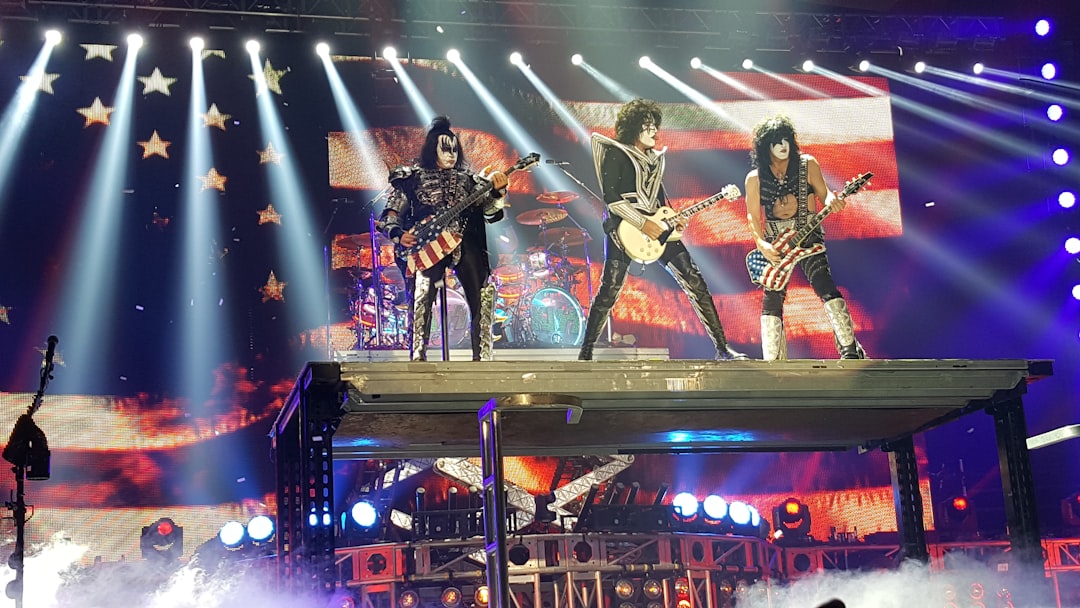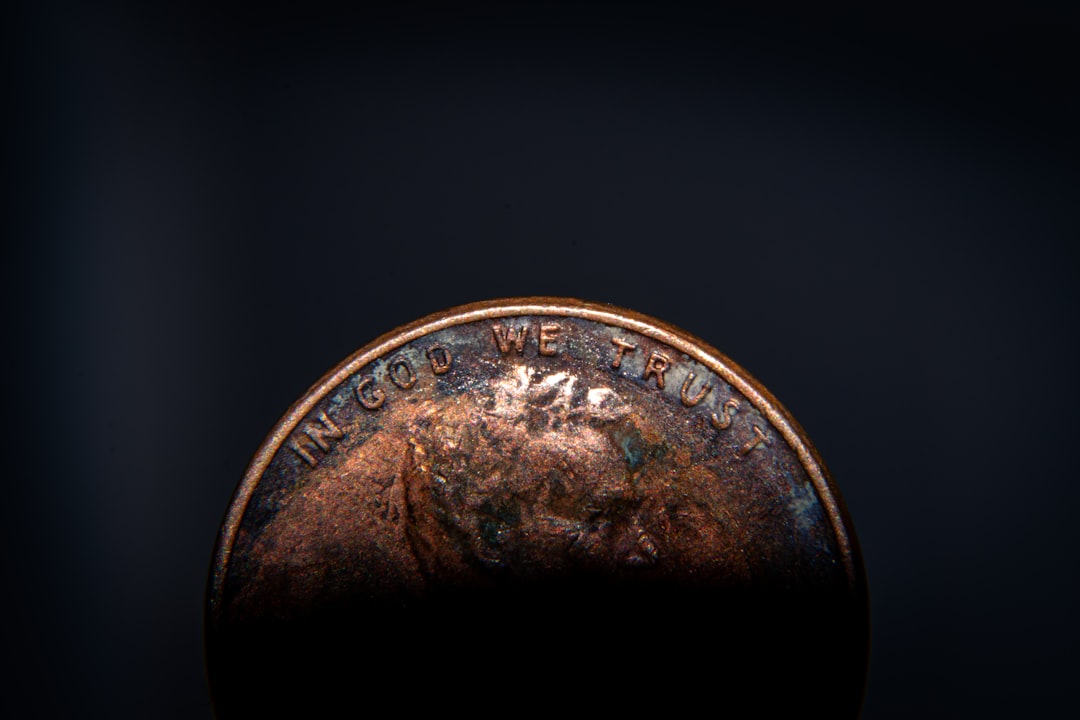TAKEAWAYS
Salient statements from this week’s music news.
1. Black Sheep Files Class Action Claiming Universal ‘Unlawfully Retained’ $750 Million in Royalties
The case hinges on a “sweetheart” licensing deal UMG gave a fledgling Spotify in exchange for equity in the company. UMG then failed to pay artists on the stock portion of the package.
Takeaway: They don’t know the “exact size” of the lawsuit’s possible class because such information is “exclusive” to Universal, but they believe “it encompasses at least thousands of artists whose identities can be readily ascertained from Universal’s records.”

2. Live Nation Maintains Lobbying Pressure Amid Regulatory Scrutiny, Antitrust Investigation
Filings show that the ticketing giant has “dramatically increased” its lobbying budget since 2017, a result of both COVID lockdowns and post-pandemic Taylor Swift and Bad Bunny fiascos.
Takeaway: To be sure, Live Nation is still grappling with lawsuits filed by short-changed Swifties who were unable to nab pre-sale passes. Meanwhile, the Senate responded to the tidal wave of outrage from fed-up fans by announcing a bipartisan hearing on “the lack of competition in the ticketing industry,” and the House last month demanded a “staff briefing” with Live Nation.

3. RIAA Lobbying Disclosure Form Lists ‘Artificial Intelligence’ as a ‘Specific Lobbying Issue’
All the action is in DC this week. The RIAA has called out AI as a specific new threat in its battle against copyright violations.
Takeaway: The RIAA is a member of the Copyright Alliance, which lobbies the government on behalf of its members and recently expressed concerns that AI-generated works collide with copyright law.

4. Jury Orders Sony Music To Pay $160 Million Over 2017 Shooting At Cousin Stizz Concert
Jurors held Sony Music Holdings, Live Nation and the venue all liable for lack of security and screening. SMHI is planning an appeal.
Takeaway: Sony Music Holdings, being the promoter, planner, supervisor and manager of the concert, failed to put security measures in place and carry out reasonable inspections of the concert venue, according to the court filings.
5. Songwriters’ New Streaming Royalties Approved Before the New Year
The U.S. Copyright Board approved a previous agreement giving songwriters a raise for 2023-2027.
Takeaway: According to the settlement, which the NMPA touts as the “highest rates in the history of digital streaming,” the headline rate will increase from 15.1% of revenue in 2023 to 15.2% in 2024 and then up a half a percentage point in each of the remaining three years, peaking at 15.35% in 2027, the final year of the term.




